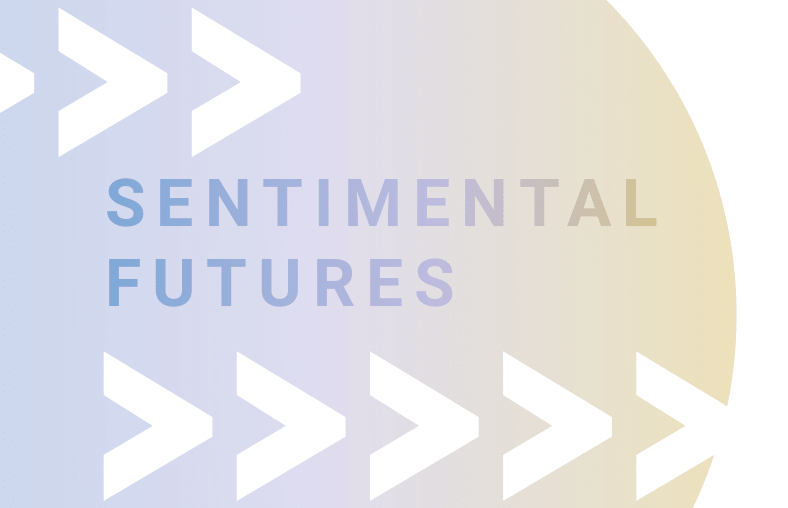Jacob Hovde

Jacob Hovde
- E-Mail: jacob.hovde@fau.de
Project: Bridging the Sentimental Gap: Climate Change Cinema and Attuning to Hyperobjects
Following decades of climate change communication, the information deficit – once identified as the primary roadblock to collective awareness and subsequent action – has largely been addressed. Yet, green initiatives are losing the momentum that reactionary political movements, which ignore or actively reverse climate mitigation efforts, are simultaneously gaining. This dynamic coincides with and is fueled by a public sentiment displaying growing levels of inertia towards the crisis. Unsurprisingly so, when considering research from environmental humanities suggesting that hard data lacks the cultural response to adequately embed its information. Especially when this data is introduced into an environmental ontology informed by Cartesian dualist notions of the human as an entity distinct from a culturally constructed notion of ‘nature.’This dissertation argues that sentimental forms of cinema can elicit emotional responses that align with the spatiotemporal and affective dimensions of hyperobjects, fostering deeper audience engagement with the complexities of global warming. It aims to contribute to efforts seeking to address the „crisis of imagination“ identified by Amitav Ghosh and elaborated by Dipesh Chakrabarty and Bruno Latour. Drawing from Morton’s concept of hyperobjects, as well as the growing research on the affective dimensions of visual representations, the study seeks to identify sentimental aesthetic strategies that enable audiences to emotionally connect with the hyperobject of climate change. Close readings of selected cinematic texts will be employed to infer agrammar of environmental sentimentality– a set ofaesthetic and narrative guidelinesinforming emotionally resonant environmental representations that weaken the felt disconnection from the phenomenon and, in the long term, inspire meaningful action in the face of the climate crisis.
Publications
- Hovde, Jacob. “The Curse of Good Intentions: Specters Haunting the Ethical Gentrification of Española.” InProgress, vol. 3, no. 1, 2025.
- Hochbruck, Wolfgang, Jacob Hovde, and Greta Engerer. “Helden der Lehre.”Compendium Heroicum, 1, 2024,10.6094/heroicum/hdld.1.0.20240628.
Conference Talks
- 04/2024: “Finding Gaia on Pandora – RevisitingAvatar as a climate communication tool.” Annual Trinational EUCOR English Master and PhD Conference, 12 – 13 Apr 2024, University of Mulhouse, Panel: Visual Stories (Chair: Rémi Vuillemin).
- 07/2023: “The Cementation of Council Estate Insularity inTop Boy.” Echoes of Empires Student Conference, 17 Jul 2024, University of Freiburg (Chair: Barbara Korte).
- 09/2021:”Be (under-) prepared – Responding to Covid-19.”NEEDS – The Northern European Conference on Emergency and Disaster Studies, 21 – 23 Sep 2021, Mid Sweden University, Panel: Deep cultures of disaster: The significance of the anthropological perspective for understanding the interstices of hazards and disaster.



